Kidney disease, affecting millions worldwide, often goes unnoticed until it’s advanced. Kidneys filter waste and balance fluids, making early detection crucial to avoid complications. Here are signs to watch for to seek timely medical help.
Located below the ribcage, kidneys filter blood, remove waste, control blood pressure, produce red blood cells, and balance electrolytes. Healthy kidneys filter 120-150 quarts of blood daily, producing 1-2 quarts of urine.
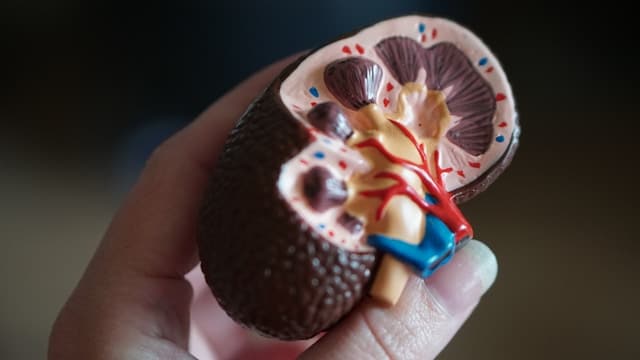
Kidney disease arises when kidneys are damaged and can’t function properly. Causes include high blood pressure, diabetes, infections, and genetics. Without early detection, it can lead to kidney failure, requiring dialysis or transplant.
Signs of Kidney Disease
1. Changes in Urination
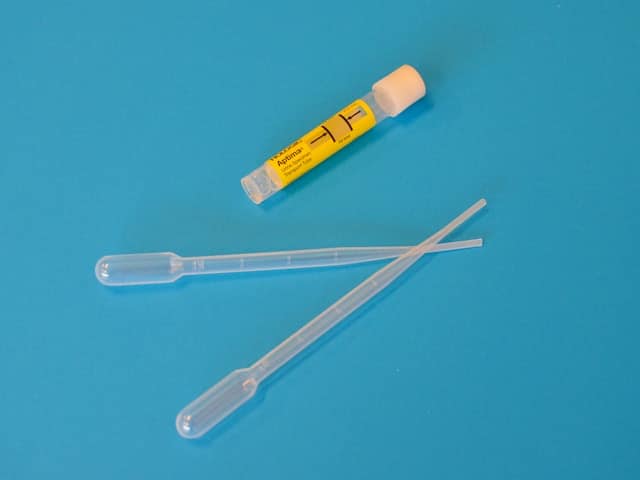
Increased frequency, decreased output, or foamy urine indicate kidney trouble.
2. Fatigue and Weakness

Persistent tiredness and low energy levels may result from a low red blood cell count.
3. Swelling
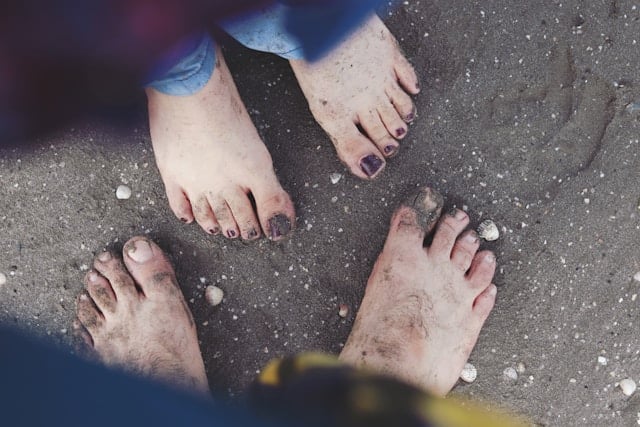
Fluid buildup, known as edema, can cause swelling in the legs, hands, face, or abdomen.
4. Persistent Back Pain

Severe pain below the ribcage, often associated with untreated urinary tract infections (UTIs), can signal kidney issues.
5. Unexplained Weight Loss or Loss of Appetite

Waste buildup in the body can lead to a reduced appetite and unintentional weight loss.
6. Nausea and Vomiting

Feeling nauseous or vomiting, especially in the morning or after meals, can be a sign of kidney problems.
7. Difficulty Sleeping

Muscle cramps, restless leg syndrome, or frequent urination at night can disrupt sleep.
8. Metallic Taste in the Mouth
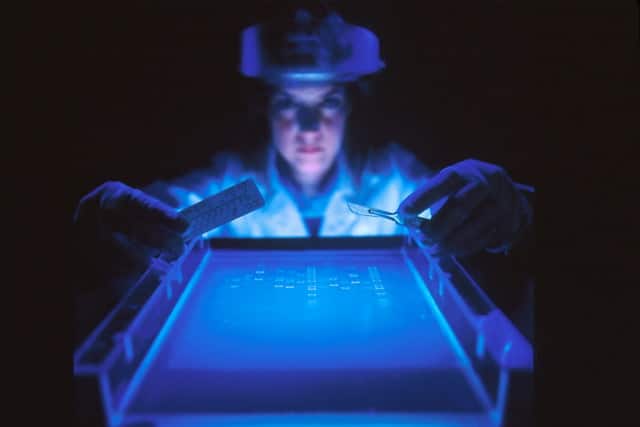
Waste buildup in the blood can cause a metallic taste and bad breath.
9. Muscle Cramps and Twitching

Electrolyte imbalances can lead to muscle cramps and twitching.
10. Itchy Skin

Generalized itching, often due to toxin accumulation, can indicate kidney issues.
Prevention Tips
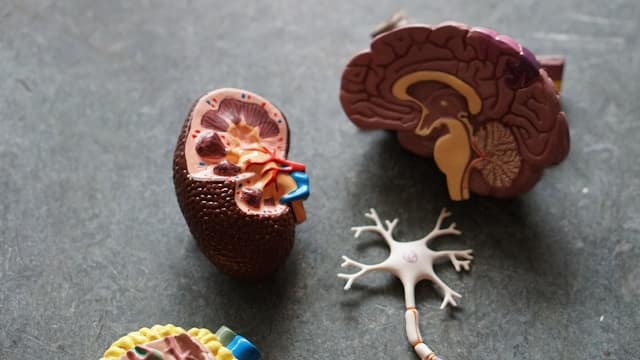
Maintain a healthy lifestyle: eat well, exercise, drink water, moderate alcohol, and sleep well. Quit smoking, follow medication directions, and get your kidneys tested if at risk. Early detection and treatment are crucial for preventing kidney disease and improving health outcomes.
